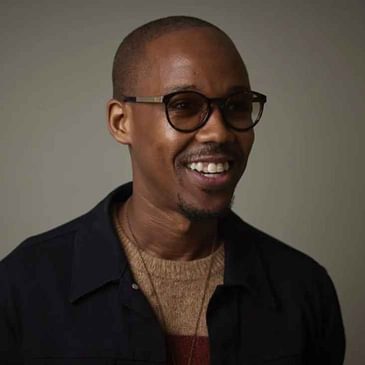In Summer 2022, Jon Batiste left his longtime role as band leader for Stephen Colbert's Late Show. Longtime bandmate and sometime replacement Louis Cato stepped into the role, breathing new virtuosic role As Colbert noted at the time, "Give him an afternoon, he'll learn how to play Mozart on a shoehorn." Cato joins us to discuss his journey, music school, becoming a parent at 19 and his soul new record, Reflections, for which he played every instrument.
Hosted on Acast. See acast.com/privacy for more information.

